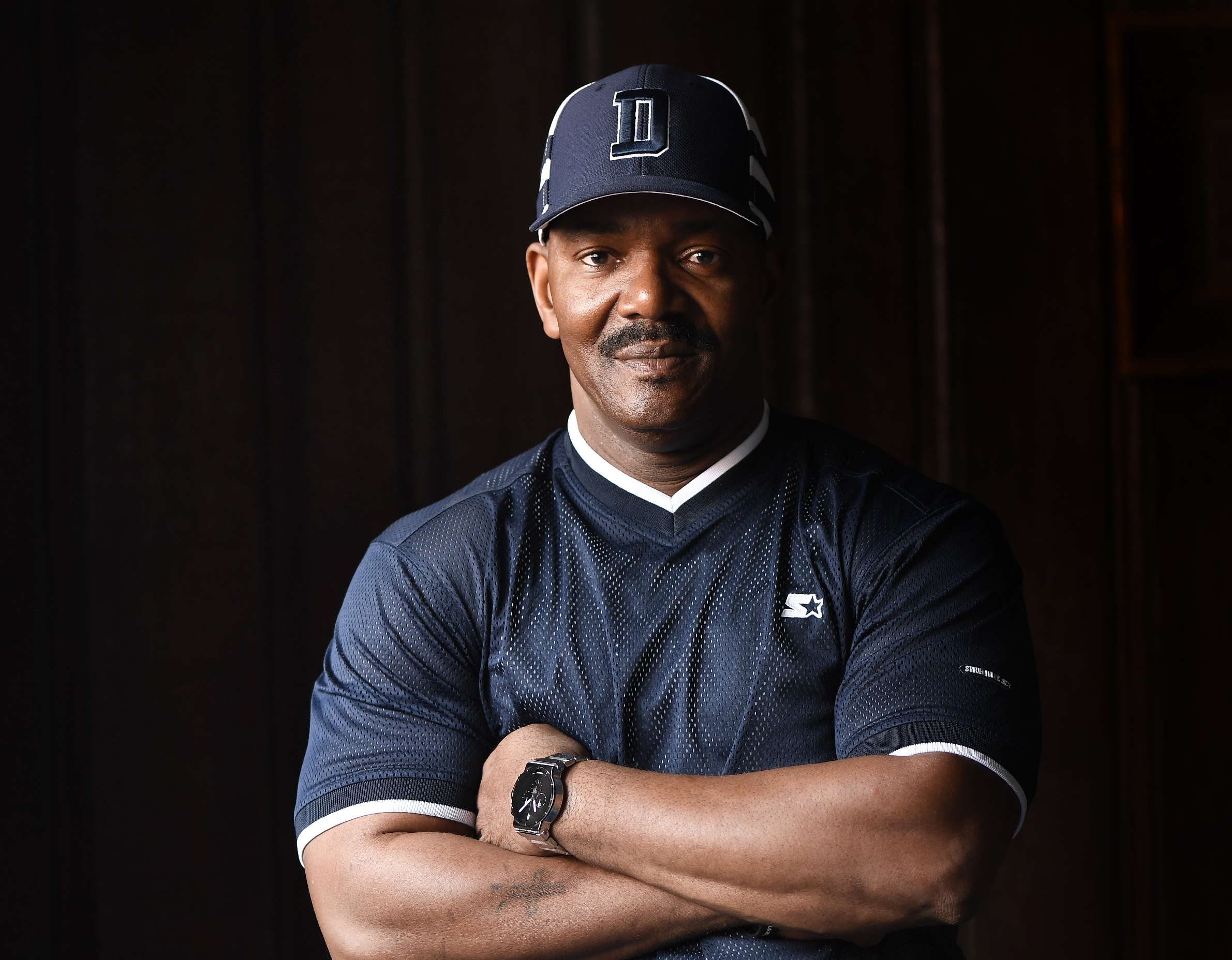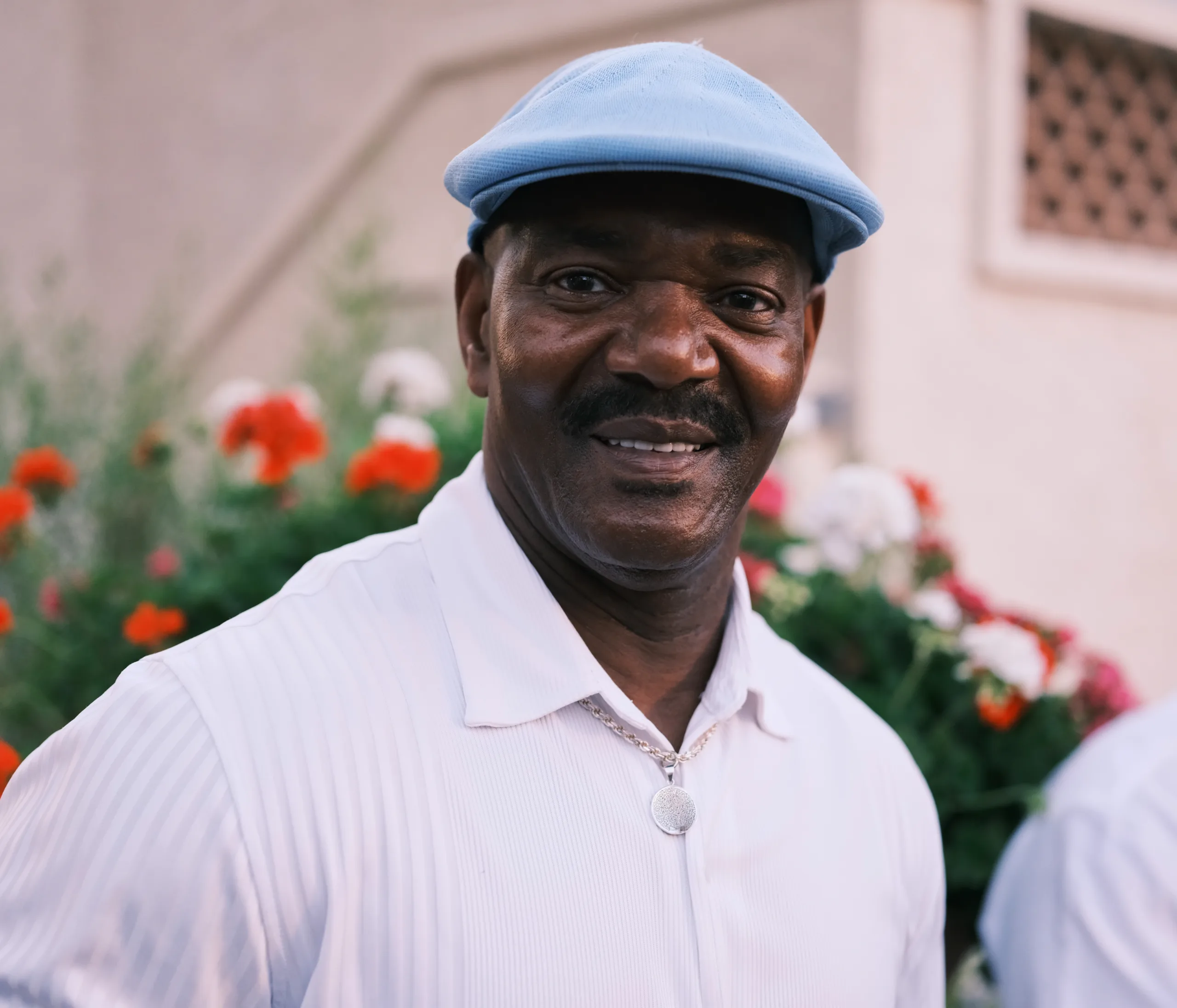Cornelius Dupree: DNA Testing Set Me Free 30 Years After My Wrongful Conviction
If DNA evidence could prove that I did not commit the rape, then it would exonerate me from the robbery.
World DNA Day 04.25.24 By Cornelius Dupree
Growing up in Texas in the 1970s, I naively believed in the infallibility of the justice system. Television shows like Perry Mason, a show about a criminal defense attorney who successfully cleared his wrongly accused clients, painted a picture of the truth always prevailing in the courtroom. Yet, reality proved to be far harsher than the scripted series portrayed when I was sentenced to 75 years in prison for a robbery I did not commit.
As I reflect on World DNA Day, I am reminded of the profound impact that this scientific breakthrough has had on the pursuit of truth and justice. It wasn’t until six years after my wrongful conviction in 1980 that DNA testing was used in a courtroom for the first time — in England. Just three years later, Gary Dotson became the first person in the U.S. exonerated of a crime by DNA testing, giving me faith that this new technology could help me and countless others.
For me, DNA was not just a scientific term or a laboratory procedure — it was the key to proving my innocence and exposing that the system can get it wrong.
In 1979, I was a typical 19 year old living at home with my mom when my life took an unexpected turn. A week after a young couple was attacked outside a Dallas liquor store, my friend Anthony Massingill and I were falsely charged with robbery and rape. All it took was police thinking that we fit the description of the assailants to shatter my world and thrust me into a 30-year nightmare. I found myself entangled in a legal system that seemed more interested in closing the case than seeking the truth.
I faced a relentless onslaught of injustice and despite my unwavering claims of innocence, I was convicted of robbery based on flawed eyewitness testimony, in a system tainted by prejudice and the presumption of guilt. The rape charge, however, was thrown out simply because prosecutors didn’t think it would add more time to the sentence.
For decades, I worked relentlessly on my case. I spent hours in the prison’s law library trying to find a way out. As I sought parole eligibility, law enforcement tried to coerce me into admitting guilt and registering as a sex offender for the rape charge that had been dismissed. It was then I realized that the DNA evidence linked to that rape would ultimately set me free.

Cornelius Dupree (Photo: Lacy Atkins)
When a friend inside told me about an organization in New York City that took on cases with DNA evidence pro bono, I felt a glimmer of hope. I wrote to the Innocence Project in the early 1990s. I knew I had to make them understand that, while I was imprisoned for robbery, DNA from the rape kit exam conducted after the crime could and should be tested. If it could be proven that I did not commit the rape, then it would exonerate me from the robbery.
In 2011, the Dallas County District Attorney office of Craig Watkins granted the Innocence Project’s motion to conduct DNA testing of crime scene evidence.
A single pubic hair preserved within that rape kit was critical to my exoneration. DNA analysis conclusively proved what I had known all along — that I was innocent. Innocent of the heinous crimes that had robbed me of my freedom and casted a shadow over my life for three agonizing decades.
My story is not unique. Countless others languish behind bars, their innocence obscured by the shadows of doubt, indifference and deceit.
As we mark World DNA Day, let us celebrate the transformative potential of DNA testing, which has helped free nearly 600 men and women across the U.S.
I encourage you to support the Innocence Project’s DNA Fund to help fund this crucial and costly work to ensure that innocence prevails over injustice. For every Cornelius Dupree, there are many more whose voices cry out for redemption, for vindication, and for justice.
__
Cornelius Dupree is a founding member of Innocence Project’s Exoneree Advisory Council and Speakers Bureau. He has been a powerful advocate for wrongful conviction reforms involving misidentification in Texas and is a leader in the innocence movement.

Leave a Reply
Thank you for visiting us. You can learn more about how we consider cases here. Please avoid sharing any personal information in the comments below and join us in making this a hate-speech free and safe space for everyone.